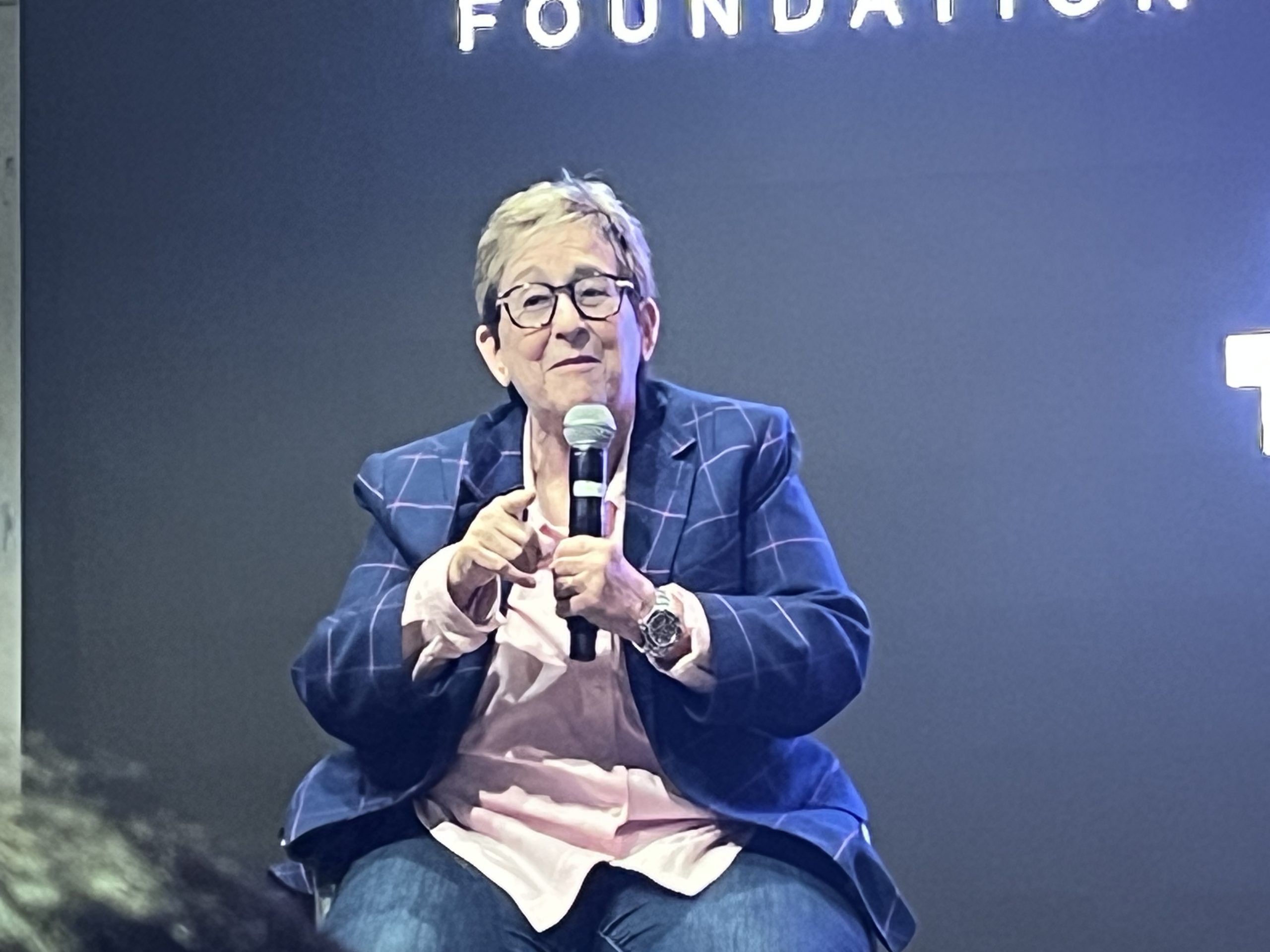By Alexandra Zendrian
One place many investors, especially women, may be overlooking when it comes to investing is venture capital.
Just five percent of accredited female investors have access to venture capital funds, according to a 2022 Wells Fargo report. That may help explain why female founders of start-ups received 0.7 percent of venture capital funding as of May 31, 2025 according to PitchBook. But, women return about 34% more when given venture capital, which was mentioned during the Show Her The Money movie screening during New York Tech Week 2025. There’s a cognitive dissonance between the perception of giving women capital for their businesses versus reality.
“Since venture capital drives job growth and innovation, we need all types of investors at the table,” wrote Julie Castro Abrams in a recent Forbes article. She is the managing partner of How Women Invest, an early-stage venture firm that invests in companies led and majority-owned by women; she was also one of the speakers at the Show Her The Money screening. “It is our greatest opportunity to create a path for women’s economic power, career enhancement and influence,” she wrote.
Why investing in women can be a smart investment
Investing in women has the potential to pay off. Start-ups run by women returned 78 cents on each dollar invested, according to a 2018 Boston Consulting Group report. That’s compared to 31 cents for start-ups led by men.
“Not only does [investing] build wealth, but with venture capital it literally determines what the future products and services will be,” wrote She Angel Investors founder Catherine Gray in a blog post. The platform connects female founders with funders and offers education and resources. “People tend to invest in people they identify with—so, it’s important that all types of people are sitting at the table deciding who gets the funding,” wrote Gray.
Who is eligible to become a venture capital investor?
Generally, those interested in putting money into private equity are accredited investors. These individuals must earn more than $200,000 a year, or $300,000 a year if they are married, for the last two years. They should also anticipate making at least that amount in the future. In addition, their net worth should be more than $1 million, either on their own or with their spouse. A primary residence cannot be included. Those leading companies issuing unregistered securities may also qualify as accredited investors.
In some areas, investors can use a portion of their retirement funds to finance venture capital.
“Women have 52% of the wealth today,” Castro Abrams told Forbes. “And I believe it is in the best interest of women and the economy and families if women proactively invest in women-run venture firms where they are making the decisions about investments.”
How investors can make money from investing in venture capital
Those interested in investing in venture capital typically join a partnership where they provide capital to the managers of funds. These fund managers decide where to invest the money.
Investors can lose money if the start-ups fail. However, if the businesses succeed, investors may earn money through equity appreciation, dividends, and if there is an initial public offering or acquisition.
“You’re being left behind if you’re not in this space,” said Castro Abrams.
Want to learn more?
Show Her The Money is now not only an award-winning movie but it’s also a book chronicling the stories of the women involved in the movie and the women venture capital ecosystem.


